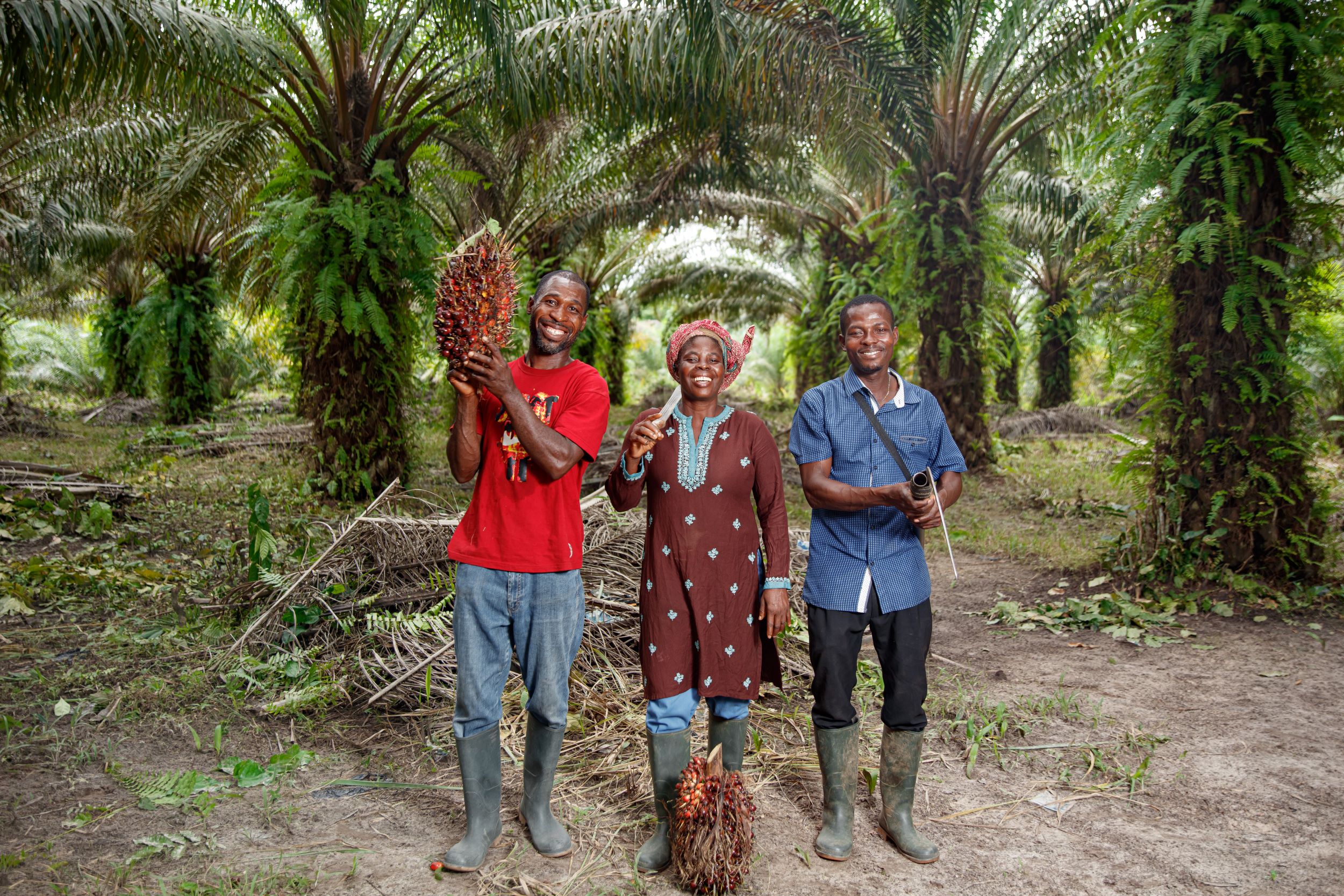Palm oil is a highly productive crop that is vital to food security, and a source of income for millions, particularly smallholders in Asia, Africa, and Latin America. Though sustainably-produced palm oil can be a vital contributor to resilient livelihoods, the current approach often leaves smallholder farmers in a precarious situation.
The 2025 Palm Oil Barometer: Procurement for Prosperity, makes the call for a fundamental shift in how palm oil procurement is conducted. The core finding is that value is inequitably distributed throughout the supply chain, leaving smallholders at a loss in their efforts to produce sustainably. They also struggle to invest in practices that support resilience in the face of climate change. Smallholder farmers in Asia and Africa, in particular, are reliant on precarious incomes that are subject to volatile prices and extreme weather conditions exacerbated by climate change.
The consistent underinvestment and lack of equitable value distribution is a threat to the entire sector. Without access to better financing, technical assistance, and sustainable farming incentives, small farmers often resort to short-term survival strategies that can contribute to environmental degradation. Additionally, land tenure insecurity continues to create challenges, limiting smallholders’ ability to invest in long-term sustainability and discouraging compliance with stricter environmental regulations.
Shifting the focus to Procurement for Prosperity
The 2025 Palm Oil Barometer advocates for a transition from current sourcing practices to a “Procurement for Prosperity” approach. This means moving beyond sustainability certifications to ensure that palm oil procurement has a positive impact on suppliers, particularly independent smallholders, centered on fairer trading practices and genuine partnership.
The report outlines four core principles for Procurement for Prosperity:
Policy: Companies integrate procurement practices that recognize independent smallholders in their overall strategy and decision-making processes.
Pricing and payment terms: Fair pricing and payment terms must recognize and reward sustainable practices. This includes understanding farmers’ living income gaps and working to close them.
Partnerships: Partnerships and collaboration across the supply chain need to incorporate farmers’ perspectives and include them in decision-making processes, including the development of pricing mechanisms.
Programmes: Downstream companies need to support suppliers by investing in organizational strengthening, technical capabilities, and access to finance. Read and download the full report below.

